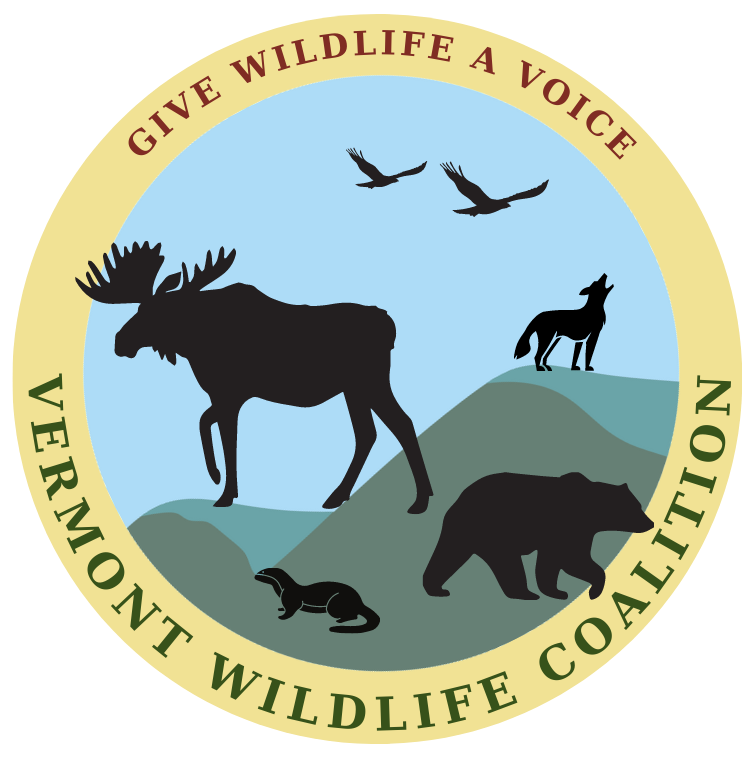Wildlife Governance
You can’t really care about Vermont’s wildlife and not pay attention to how decisions about wildlife are made. That immediately brings you to the topic of wildlife governance. Who makes decisions in Vermont? It quickly gets complicated:
The legislature has the capacity to make laws, but is very careful and slow about doing so.
The governor makes appointments to the Fish and Wildlife Board and chooses the commissioner for the Fish and Wildlife Department. Appointments are generally made by the commissioner and rubber-stamped by the governor.
The Fish and Wildlife Board, all volunteers, set regulations, and thus policy, for all game species. Board members are drawn from the ranks of hunters, trappers, and anglers, and always have been. The Board is not accountable to any other body and are allowed to ignore recommendations from Fish and Wildlife Department professionals.
The Fish & Wildlife Department is undoubtedly made of people with diverse points of view, but as with most organizations, management ultimately makes the final decision and sets the tone for the organization. The commissioner is a political role and tends to support a narrow group of consumptive stakeholders, despite the call to support wildlife for all Vermonters. A good example of this is related to coyote killing contests. Department professionals and even wardens supported banning these contests, but the commissioner did NOT support the ban and, according to internal records, required that staff members kept opinions about the ban to peers only.
The commissioner’s boss is, at least nominally, the secretary of the Agency of Natural Resources. This position is also a political appointment made by the governor. Thus, the commissioner and the secretary almost always see eye-to-eye on wildlife issues, at least as far the public is aware of.
It is important to remember that wildlife is divided into two groups -- game species (those hunted, trapped and/or fished) and non-game species (those not hunted, trapped or fished). From a legal point of view, the right to hunt is well-established in Vermont law, but also and even more firmly established is the fact the all wildlife species are held in trust for all Vermonters. Thus, even game species are a “resource” of all citizens, not just of hunters, trappers and anglers. Wildlife cannot be reduced to private ownership in the state by law.
